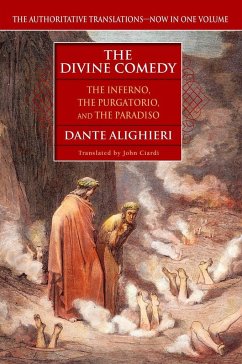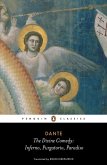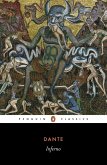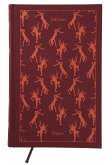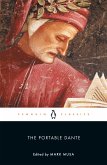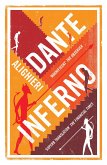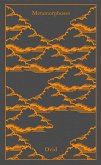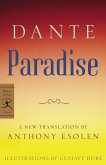The authoritative translations of The Inferno, The Purgatorio, and The Paradiso-together in one volume. Belonging in the immortal company of the great works of literature, Dante Alighieri's poetic masterpiece, The Divine Comedy, is a moving human drama, an unforgettable visionary journey through the infinite torment of Hell, up the arduous slopes of Purgatory, and on to the glorious realm of Paradise-the sphere of universal harmony and eternal salvation. Now, for the first time, John Ciardi's brilliant and authoritative translations of Dante's three soaring canticles-The Inferno, The Purgatorio, and The Paradiso-have been gathered together in a single volume. Crystallizing the power and beauty inherent in the great poet's immortal conception of the aspiring soul, The Divine Comedy is a dazzling work of sublime truth and mystical intensity.
Hinweis: Dieser Artikel kann nur an eine deutsche Lieferadresse ausgeliefert werden.
Hinweis: Dieser Artikel kann nur an eine deutsche Lieferadresse ausgeliefert werden.

